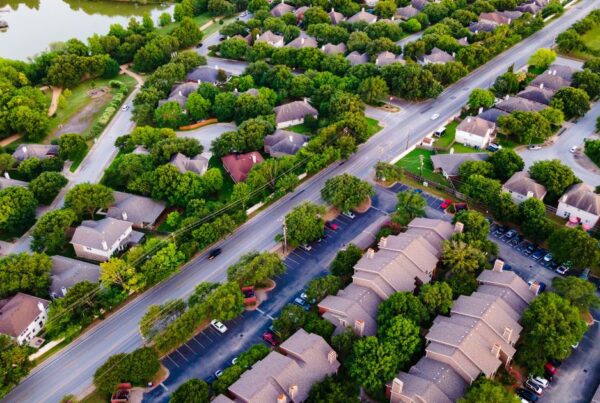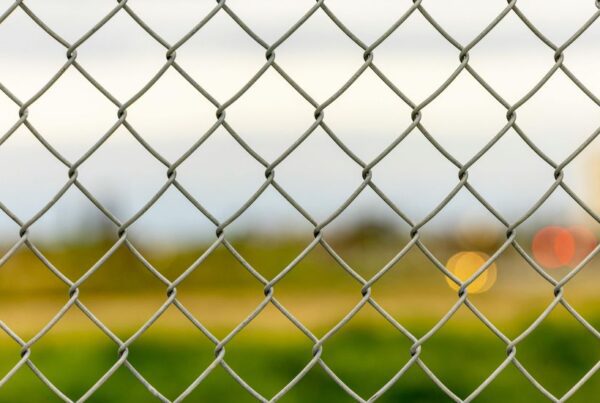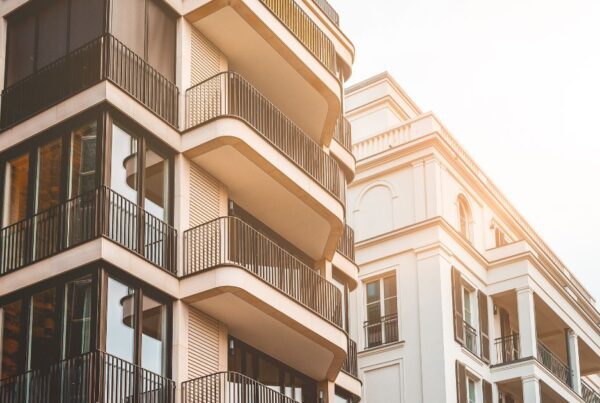 Construction projects are exciting, whether you’re building a new home or investing in a large commercial property. But behind every project is a contract, and that contract is what will determine your rights if something goes wrong. Residential and commercial construction contracts may seem similar at first glance, but legally, they carry very different considerations. Knowing these differences is essential before you sign on the dotted line.
Construction projects are exciting, whether you’re building a new home or investing in a large commercial property. But behind every project is a contract, and that contract is what will determine your rights if something goes wrong. Residential and commercial construction contracts may seem similar at first glance, but legally, they carry very different considerations. Knowing these differences is essential before you sign on the dotted line.
Below, we break down the most important legal issues you should understand before entering into a construction contract in Florida.
What Is the Difference Between Residential and Commercial Construction Contracts?
At the most basic level, residential construction contracts deal with homes, condos, apartments, or other living spaces. Commercial construction contracts, on the other hand, apply to office buildings, retail stores, warehouses, hotels, and other business properties.
The difference might sound simple, but it matters because the law treats these two categories differently. For example, Florida’s Homeowners’ Construction Recovery Fund is available only for residential owners, not for commercial developers. Commercial projects also tend to involve larger sums, more parties (investors, contractors, subcontractors), and more complex financing arrangements.
What Legal Protections Apply to Residential Construction Contracts?
Residential owners are often individuals or families, and the law gives them extra layers of protection. In Florida, these protections include:
- Notice of Right to Cancel: Homeowners often have a limited “cooling-off period” to cancel certain contracts.
- Licensing Requirements: Contractors must hold proper licenses, and unlicensed work can give homeowners legal remedies.
- Lien Rights and Notices: Florida law requires contractors to notify homeowners of potential liens from subcontractors or suppliers, ensuring homeowners know who can claim against the property.
- Warranties: Many residential contracts include implied warranties of workmanship and habitability, protecting homeowners from shoddy construction.
These protections exist because most homeowners aren’t sophisticated business entities, and they need added safeguards when entering construction agreements.
What Legal Protections Apply to Commercial Construction Contracts?
Commercial construction contracts are governed less by consumer-protection statutes and more by negotiated agreements between sophisticated parties. This means businesses and developers must pay close attention to the fine print of the contract. Common legal issues include:
- Scope of Work Clauses: Ensuring that every task, timeline, and responsibility is spelled out clearly to avoid disputes later.
- Indemnity and Insurance Provisions: Allocating liability for accidents, damages, or third-party claims.
- Delay Provisions: Commercial projects often face costly delays. Contracts should define what counts as an excusable delay versus what triggers penalties.
- Payment Schedules: Structured payment milestones tied to performance to ensure cash flow and accountability.
- Arbitration or Litigation Clauses: Businesses often pre-select how disputes will be resolved and in which forum.
Unlike residential contracts, commercial agreements are expected to be heavily negotiated. Courts typically hold commercial parties to what they signed, which makes contract drafting especially critical.
Common Legal Issues in Residential and Commercial Construction Contracts
Whether residential or commercial, construction contracts often spark disputes in these areas:
- Non-payment or late payment
- Construction defects
- Project delays
- Breach of contract
- Disputes with subcontractors
The difference is how the law treats these disputes. Homeowners may have access to statutory remedies, while businesses must rely primarily on contract terms and established litigation strategies.
How Can a Lawyer Help With Construction Contracts?
For residential owners, a lawyer ensures the contract is fair, protects against hidden liabilities, and complies with Florida law. For commercial developers, a lawyer plays an even bigger role, drafting contracts that allocate risk, minimize exposure, and provide remedies if a dispute arises.
At Ayala Law, we help:
- Homeowners protect their investments and avoid costly disputes.
- Businesses and developers draft, review, and negotiate construction contracts designed to withstand real-world challenges.
- Contractors and subcontractors understand and enforce their rights under Florida law.
The right legal guidance can prevent disputes before they start or give you the strongest position if a conflict ends up in litigation.
Final Thoughts
Residential and commercial construction contracts both carry risks, but the legal frameworks behind them are very different. Homeowners benefit from consumer protections, while commercial parties are expected to negotiate sophisticated agreements that account for complex realities.
If you are a homeowner, developer, or contractor facing questions about a construction contract in Florida, or you’re preparing to enter into a construction contract, contact one of our experienced construction litigation attorneys at 305-570-2208.
You can also email our founding attorney, Eduardo A. Maura, Esq., directly at eduardo@ayalalawpa.com.
Schedule a case evaluation online here.
[The opinions in this blog are not intended to be legal advice. You should consult with an attorney about the particulars of your case].
Subscribe to Our Blog
Stay informed with our latest blog posts delivered directly to your inbox. Gain valuable legal insights, tips, and advice from our seasoned attorneys.







